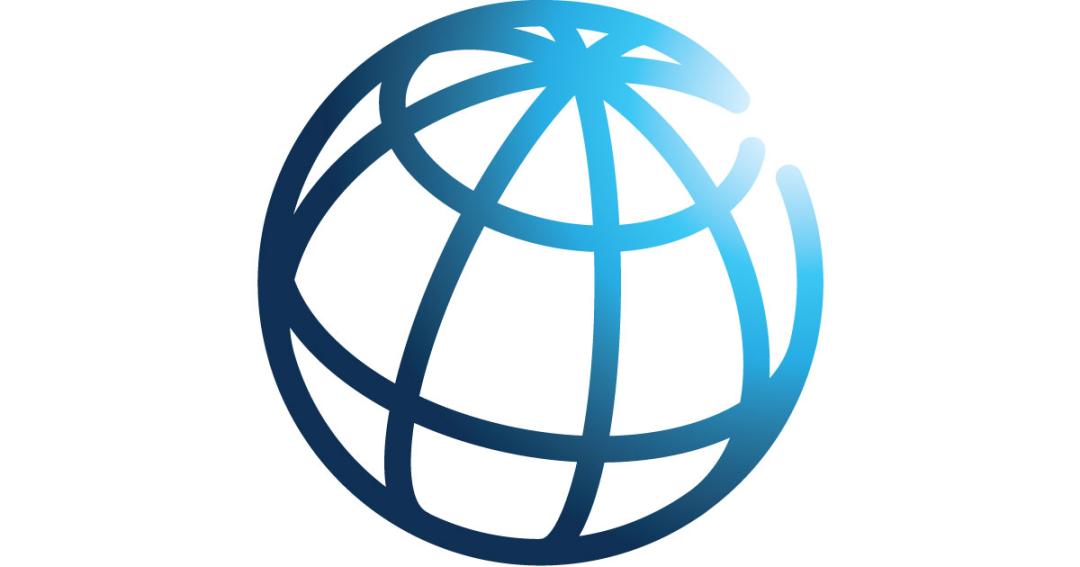
South Caucasus countries in World Banks Human Capital Index

On 16 September, the World Bank Group published their updated Human Capital Index for the year 2020. The Index included health and education data for 174 countries – covering 98% of the world’s population – up to March 2020, providing a pre-pandemic baseline on the health and education of children. The analysis shows that pre-pandemic, most countries had made steady progress in building human capital of children, with the biggest strides made in low-income countries.
“[However] the pandemic puts at risk the decade's progress in building human capital, including the improvements in health, survival rates, school enrolment, and reduced stunting. The economic impact of the pandemic has been particularly deep for women and for the most disadvantaged families, leaving many vulnerable to food insecurity and poverty,” warned World Bank Group President David Malpass.
Armenia
Armenia had slightly improved its position among 174 countries in the Human Capital Index (HCI) report with its score growing to 0.58 from 0.57 in 2018. According to the World Bank, even though the score is above the approximated 2010 score of 0.54, it is “lower than the average for the Europe and Central Asia region (0.69),” highlighting the need to increase the quality of education, reflected in international tests.
A baby's life expectancy was up to 5 years (0.99): 99 out of 100 children born in Armenia live up to 5 years. Expected years of study (11.3): a child in Armenia who started schooling at the age of 4, completes 11.3 years of study before reaching the age of 18. The schoolchildren in the country received 443 points on a scale where 625 points mean the high performance and 300 points are the minimum.
Adult survival rate in Armenia was 0.89, meaning that 89% of 15-year-old citizens of Armenia will live up to 60 years. 91 out of 100 children were not underdeveloped, so 9 out of 100 children are underdeveloped and subject to cognitive and physical limitations that can last a lifetime.
Azerbaijan
Azerbaijan was among the top 10 global improvers in progress made on health and education. Azerbaijan’s HCI value was 0.58. The report emphasized that over the last 10 years child mortality and child stunting rates in Azerbaijan have dropped considerably.
However, despite increased years of schooling, there are widening inequalities in learning outcomes (students from wealthier families scored the equivalent of three years of schooling above students from poorer families on Harmonized Learning Outcomes). Azerbaijan also faces a growing burden of non-communicable diseases (NCDs) for which high out-of-pocket (OOP) payments (accounting for 79% of current health spending) are not enough to counter the growing number of NCDs.
To tackle ongoing human capital development challenges in the education sector, the World Bank stated that Azerbaijan needs to increase access to early learning programs and improve relevance of the higher education system. In the health system, it needs to improve the system’s response to chronic diseases and increase the efficiency of financial resources to ensure better health care provision. In the area of social protection and labour, the country needs to increase investment in social assistance to support the most vulnerable and expand the scope and coverage of active labour market programs.
Georgia
Georgia had an overall HCI score of 0.57. It was emphasized that in the country, the World Bank supports two projects that are critical for human capital development: the Innovation, Inclusion and Quality project, aimed at increasing access to preschool education, higher quality education, and improved learning environments; and the Log-in Georgia project, which sets out to bring fast and affordable broadband internet connection to nearly 500,000 people living in rural and hard-to-reach areas, making available services such as e-learning and telemedicine, both of which have proven to be invaluable during the COVID-19 pandemic.
“As an early adopter of the Human Capital Project, Georgia is committed to improving the well-being of its future generations. Human capital development is a complex endeavour and, as we can see, the road ahead is fraught with challenges, but three decades of our fruitful partnership have shown that together we can tackle any challenge, which is why I'd like to reiterate the World Bank's support for Georgia's human capital reform agenda,” said Sebastian Molineus, World Bank Regional Director for the South Caucasus. “Fortunately, we have an existing project to improve educational outcomes in Georgia, and we are currently engaging with the government to improve long-term health and social protection outcomes as well, providing a strong foundation to deliver tangible improvements over the coming years,” he emphasized.
See Also


Armenia Records 5.9% GDP Growth in 2024, Missing 7% Goal

Yerevan Balances Strategic Ties with Both US and Russia, Says Foreign Minister

FM Mirzoyan: Peace Deal with Azerbaijan Is Within Reach

Pashinyan and Erdogan Hold Call, Reaffirm Commitment to Ongoing Dialogue

